
One of the common complaints that commercial entities have about international arbitration in Thailand is the costs. Whilst in the past, international arbitration has been promoted as being cheaper than court litigation, in practice this has not always been the case, particularly in the case of complex commercial disputes or investor state arbitration.
Third party funding can dramatically change this landscape. The definition of third party funding, simply put, is where a third party funds the costs of a litigation or arbitration on behalf of one of the parties in return for an agreed return. For parties who wish to pursue litigation or arbitration but cannot afford the costs – or the financial risk – of doing so, this could be an answer to their problems. It may also make a way for arbitrations to become more accessible and pursued in Thailand.
In this article, Kudun and Partners and third party funder, Deminor Litigation Funding, examine the possibility of third party funding in Thailand by exploring the current landscape and providing a comparative analysis with the situation in Hong Kong and Singapore. The article concludes with some food for thought as to whether third party funding could be a possible way forward for Thailand.
Current landscape in Thailand
Third party funding is not allowed in a number of jurisdictions as a result of the common law doctrines of maintenance and champerty. Maintenance occurs when one “officiously intermeddles” in a legal action by maintaining or assisting a party with money (or otherwise) to prosecute or defend the action, when one has neither an interest in the action nor any other motive recognized by the law as justifying such interference1. Champerty is a type of maintenance. It occurs when “the person maintaining another takes as his reward a portion of the property in dispute”2.
Whilst Thailand is a civil law jurisdiction and does not have these doctrines3, the concept of allowing a third–unrelated – party to benefit from legal proceedings in Thailand is neither permitted nor encouraged. There is a string of past Thai Supreme Court cases which state that:
- an agreement that allows a person to instigate another person to start a claim with the purpose of benefitting from that claim can be rescinded;4
- a lawyer taking a share in the client’s proceeds is prohibited as this is contrary to the lawyers’ ethical duties;5 6
- allowing an unrelated third party to fund a litigation in return for benefits is against public policy.7 8 9
Pursuant to the Thai Civil and Commercial Code10, a party cannot claim restitution where the party has acted in a way that is contrary to the legal profession or good morals. Therefore, based on the current legal landscape, there is a significant risk for a third party funder if the funding agreement is breached within Thailand as there is a possibility that the Thai Courts may refuse restitution for the third party funder.
Another consideration in Thailand is that there are regulations prohibiting lawyers from persuading a client to pursue a groundless case or using any form of deception to induce a client to instruct the lawyer on the basis that he/she can win the case. 11
Why third party funding in Thailand?
As alluded to in the introduction, there is a perception that international arbitration is very expensive in Thailand. This is understandable as typically, the fees related to Court litigation in Thailand is very reasonable. For example, for a claim not exceeding THB 50 million (or approximately USD1.4 million), the Court fees are only two percent of the amount of claim and in any event capped at THB 200,000 (or USD 5,500)12. In addition, as a civil law jurisdiction, litigants do not usually have to be concerned with paying the counter-party’s costs as Thai Courts do not award substantive costs orders against the losing party, as is the case for many common law jurisdictions. The maximum amount that the Court may award for lawyers’ fees is 5% of the value of the claim and for expenses, 1% of the value of the claim13. In practice, the costs awarded are much lower than specified by law. Therefore, this significantly reduces cost consideration as a hindering factor for parties seeking to bring a claim in the Courts in Thailand.
In contrast, international arbitration costs can range quite drastically depending on the value of the claim and the arbitral institution chosen to determine the dispute. At the Thai Arbitration Institute (TAI), if the amount of the claim does not exceed THB 2 million (USD 55,000) the cost of a sole arbitrator would only be THB 30,000 (USD 830) and there are no institutional fees that need to be paid14. At the Thailand Arbitration Centre (THAC), if the amount of claim does not exceed THB 2.5 million (USD 70,000), the parties would need to pay the institution’s fee of THB 50,000 (USD 1,400) in addition to the arbitrator fees of THB 150,000 (USD 4,200).15 However, the costs can increase substantially where the claim amount exceeds THB 2 million (for TAI) and 2.5 million (for THAC) respectively as both TAI and THAC adopt the ad valorem scale.
The parties to arbitration proceedings will also need to consider costs orders made for/against them, depending on factors such as the governing law, seat of the arbitration and composition of the tribunal. Other related costs may include lawyer fees, expert fees, translation costs, document preparation and travelling expenses.
Therefore, compared to the costs associated with litigation in Thailand, arbitration costs can be substantially more for high value claims, which is one of the reasons why many Thai parties prefer litigation over arbitration to resolve their disputes in Thailand.
However, as more and more Thai corporates are entering into cross-border transactions, it is becoming increasingly difficult for them to insist on the Thai courts having exclusive jurisdiction to resolve disputes in their agreements. Most non-Thai parties to the transaction would prefer to include a neutral place for adjudication of their disputes, such as Singapore, or have their dispute resolved by neutral adjudicators that they are able to appoint through arbitration.
As costs are often cited as the main prohibitive factor discouraging Thai parties from choosing arbitration, the availability of third party funding could be an answer to this issue. In particular, third party funding may assist in encouraging the parties to appoint experienced international arbitrators for their tribunal which will in turn improve the quality of international arbitrations that are seated in Thailand.
Third Party Funding in Hong Kong and Singapore – the legal landscape and practical insights
Hong Kong and Singapore remain two of the few common law jurisdictions that still maintain the common law doctrines of maintenance and champerty, which prohibit third party funding of legal proceedings. It was not until 2017 that both jurisdictions passed legislation to allow third party funding in arbitration (only).
In 2017, Hong Kong amended its Arbitration Ordinanc16 to expressly provide that the doctrines of maintenance and champerty do not apply to arbitration and related proceedings. Hong Kong also introduced the Code of Practice for Third Party Funding of Arbitration (the Code) in 2018 to provide guidance to funders and funded parties. While violation of the Code of Practice does not, of itself, render any person liable to any judicial or other proceedings, it is admissible as evidence before the relevant court or tribunal, and any non-compliance may be taken into account in the relevant decision-making process.17
The Code imposes several requirements on third party funders which ensure that public interest is preserved. For example, it requires the funding agreement to:
- clearly set out that the funder will not seek to influence the funded party or the funded party’s legal representative to give control or conduct of the arbitration to the funder except to the extent permitted by law;
- that the funder will not cause the funded party’s legal representative to act in breach of professional duties;
- that the funder will not seek to influence the arbitration body and any arbitral institution involved.18
It should also be noted that solicitors and barristers in Hong Kong continue to be bound by the Code of Conduct issued by the Law Society of Hong Kong and the Hong Kong Bar Association which provide, in summary, that they should not do anything that compromises their independence or integrity19. Any legal professionals who, for his/her personal interest of obtaining legal fees, encourage his/her client to commence frivolous or groundless claims would be in violation of the said professional duties.
In the same year, Singapore amended the Civil Law Act and introduced the Civil Law (Third-Party Funding) Regulations 2017 to allow third party funding for international arbitration and related proceedings.20 Later in 2021, Singapore further allowed third party funding in domestic arbitration and proceedings in front of the Singapore International Commercial Court.21 Shortly after the introduction of third party funding, several guidelines were published to guide practitioners on the use of third party funding by the Law Society of Singapore, Singapore Institute of Arbitrators and Singapore International Arbitration Centre. The Legal Profession Act and the Legal Profession (Professional Conduct) Rules 2015 were also amended in 2017 to allow solicitors to introduce funders to clients, and to advise on and draft funding agreements.
In Western jurisdictions like the UK, US and Australia, there are even fewer restrictions when it comes to third party funding. Parties in these jurisdictions have been benefiting from having the choice of third party funding for a long time.
Potential Benefits of Third Party Funding for Thai parties
The main issue that third party funding seeks to address is access to justice. There are corporations and individuals who are forced to forego their legal rights simply because they do not have sufficient funds to pay the necessary legal fees.
There are also parties who, while they have sufficient funds financially, would prefer to use the funds to develop their business and/or minimize the financial risks of pursuing a legal claim. With an increasing number of jurisdictions allowing third party funding in arbitration, it would be an important issue for Thailand to consider if it would like to play a bigger role as a dispute resolution centre, especially in the South East Asian region.
One public policy concern regarding third party funding is that parties may be encouraged to bring frivolous or groundless claims if costs are no longer a concern. This concern can be addressed by understanding how third party funding works in reality. Since a third party funder can only recover the amount it has paid plus its investment return when the funded party wins and is able to successfully enforce the judgment/award, a third party funder must conduct careful due diligence before funding a case to ensure that a case has strong merits and enforcement strategy. Only a small percentage of funding requests are therefore actually funded as a result. In fact, the funders’ early due diligence process can help parties to identify risk factors of the claims at an early stage so that parties can make an informed decision as to whether to proceed with a claim.22 Due to these reasons, there has not been a sharp increase in the number of arbitrations in Hong Kong to date.
Suggested Next Steps for Thailand
As Thailand seeks to restore its connectivity in the region and to the rest of the world post-pandemic, there will likely be more cross-border transactions. These transactions may contain arbitration clauses which may eventually lead to arbitrations. The issue of costs in arbitrations will then become a real and practical issue for parties.
From a third party funders’ perspective, if Thailand were to recognize and enforce third funding agreements, it is expected that there will be more third party funders who will make funding available to Thai parties.
Therefore, in order to enable parties in Thailand to gain access to justice and minimise their financial risk, Thailand should consider following suit with jurisdictions such as Hong Kong and Singapore which have evolved with third party funding. For example, it could start by considering third party funding for arbitration cases only. The Thai Courts’ potential concerns of an uptake in frivolous or non-meritorious claims could be addressed by implementing a code of practice and/or amending its Arbitration Ordinance and arbitral institution rules.
Notably, in 2017, the Thai Civil Procedure Code was amended to enable the Courts to award a form of success fee to Plaintiffs’ lawyers in class action suits, which could amount to up to 30% of the amount awarded (in addition to recovering their legal fees).23 This would suggest a slight move away from the previous position that non-parties to a litigation cannot benefit from the outcome of the litigation. In a similar vein, it is hoped that with proper measures in place, Thailand would become more comfortable with allowing third party funding for arbitrations in Thailand.
Conclusion
Third Party funding can make a qualitative difference to the disputes landscape, as seen from the developments in other jurisdictions such as Hong Kong and Singapore. It is suggested that third party funding is indeed possible and highly relevant in Thailand as well. In order to address any public policy concerns, measures can be put in place in the form of code of practice, amendments to the law, regulations and institutional rules. This will enable Thailand to benefit from third party funding and could raise its profile as one of the leading dispute resolution centres in South East Asia.
For more information, please contact the authors or alternatively, our dispute resolution, litigation and arbitration team members.
- Unrub v Seeway [2007] 2 HKC 609
- Neville v Londong Express Newspaper Ltd [1919] AC 368
- Although interestingly, the Thai Supreme Court applied these doctrines in a case in 1924, prior to the enactment of the Thai Civil and Commercial Code in 1925. See FN 5.
- Supreme Court Decision No. 510/2467 (1924)
- Supreme Court Decision No. 552/2525 (1982)
- Supreme Court Decision No. 3511/2564 (2021)
- Supreme Court Decision No. 690/2492 (1949)
- Supreme Court Decision No. 7014/2542 (1999)
- Supreme Court Decision No. 5567/2555 (2012)
- Section 411 Thai Civil and Commercial Code
- Lawyers Council Regulations on Lawyer Conduct B.E. 2529 (1986) Section 9
- Schedule 1 of Thai Civil Procedure Code.
- Schedules 6 and 6 of the Thai Civil Procedure Code
- The Arbitrator fees rate of the TAI (B.E.2561)
- Annex 1 Fees and Expenses of THAC Rules on Arbitration
- S.98K and L of the Arbitration Ordinance (Cap. 609)
- S. 98S of the Arbitration Ordinance (Cap. 609)
- Article 2.9 of the Code. The requirements also include maintaining access to a minimum of HK$20 million of capital, maintaining the capacity to cover all its aggregate funding liabilities under all its funding agreements for a minimum of 36 months, and setting out the level of involvement of the funder in the funding agreement, etc. Further guidance is also set out in the code regarding the funding agreement and the disclosure obligation of the parties.
- Rule 2 of the Solicitors’ Practice Rules and Rule 10.3 of the Bar Code
- Section 5A of the Civil Law Act
- Civil Law (Third-Party Funding) (Amendment) Regulations 2021
- According to statistics released by the Hong Kong International Arbitration Center (HKIAC), 514 new arbitrations were submitted to the HKIAC in 2021, and parties made disclosure of third party funding in five arbitrations under the 2018 HKIAC Administered Arbitration Rules, and one arbitration under the 2013 HKIAC Administered Arbitration Rules. In 2020, 318 arbitrations were submitted to the HKIAC. Out of the 318 arbitrations, parties made disclosures of third party funding in three arbitrations under the 2018 HKIAC Administered Arbitration Rules. According to HKIAC records, there was no disclosure of third party funding in the administered arbitrations submitted to the HKIAC in 2019. From the numbers of funded cases, it can be seen that even with third party funding available, parties, their lawyers and funders remain careful in deciding whether to fund and commence an arbitration.
- Section 222/37 of Thai Civil Procedure Code










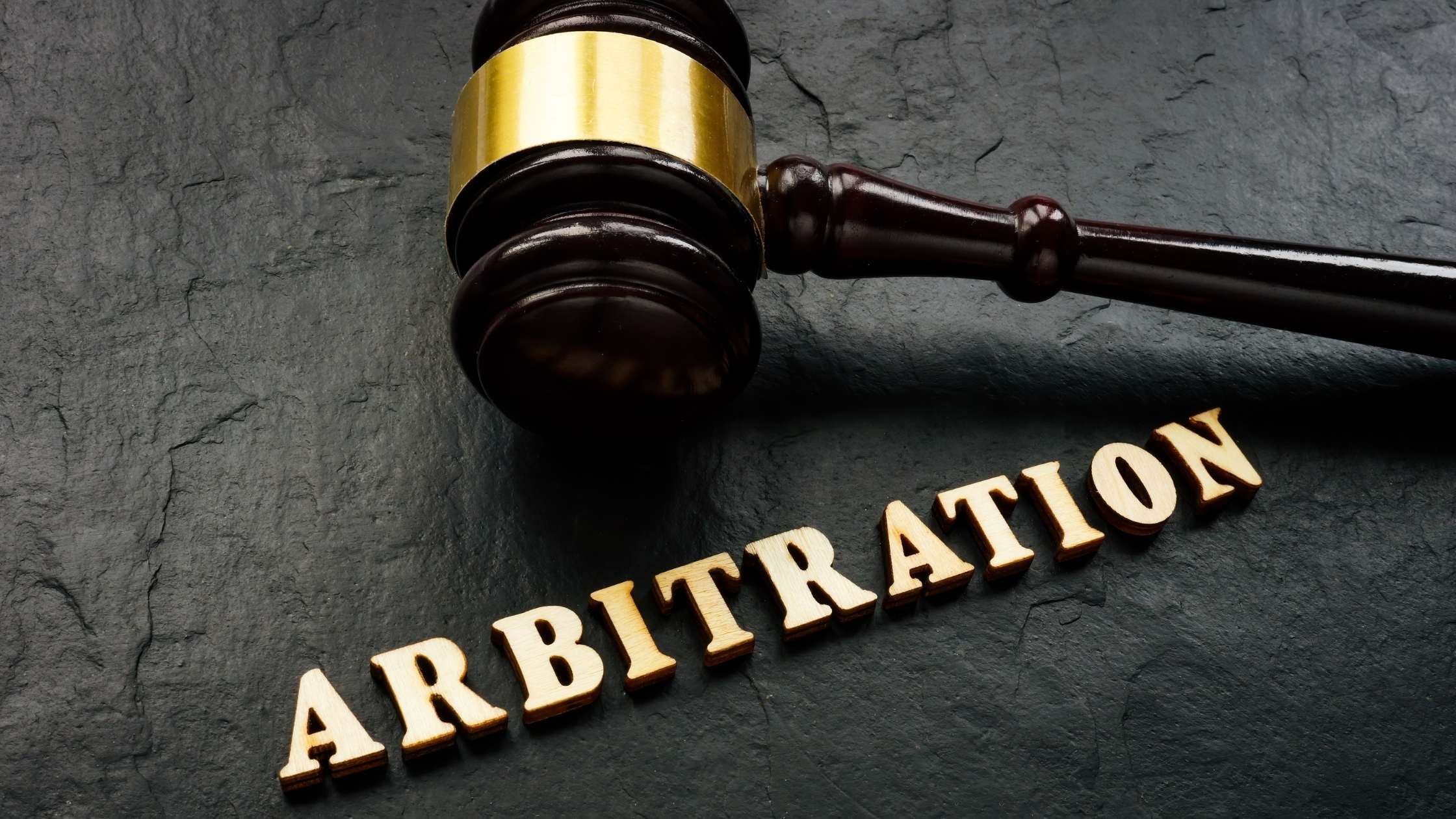
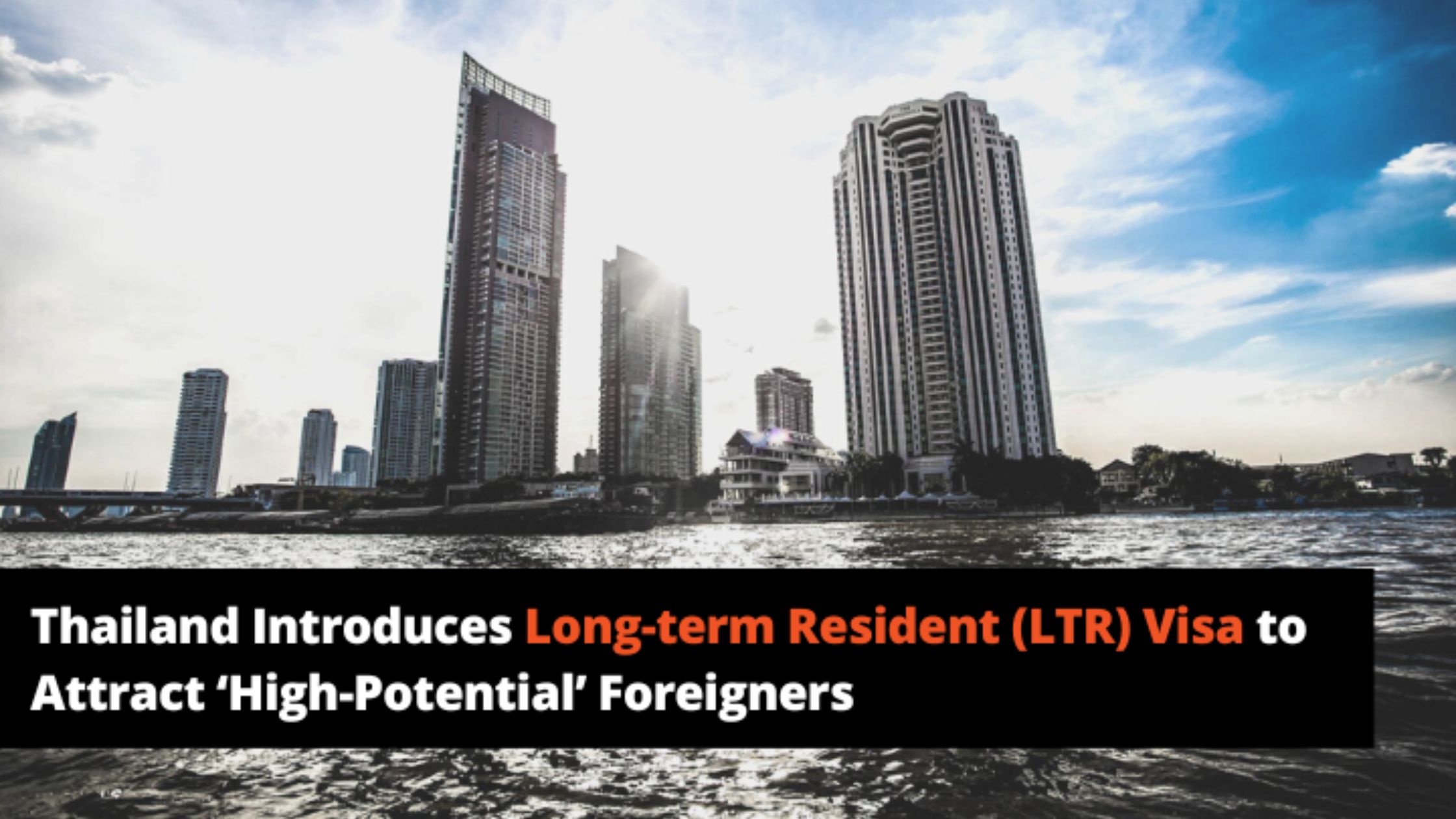
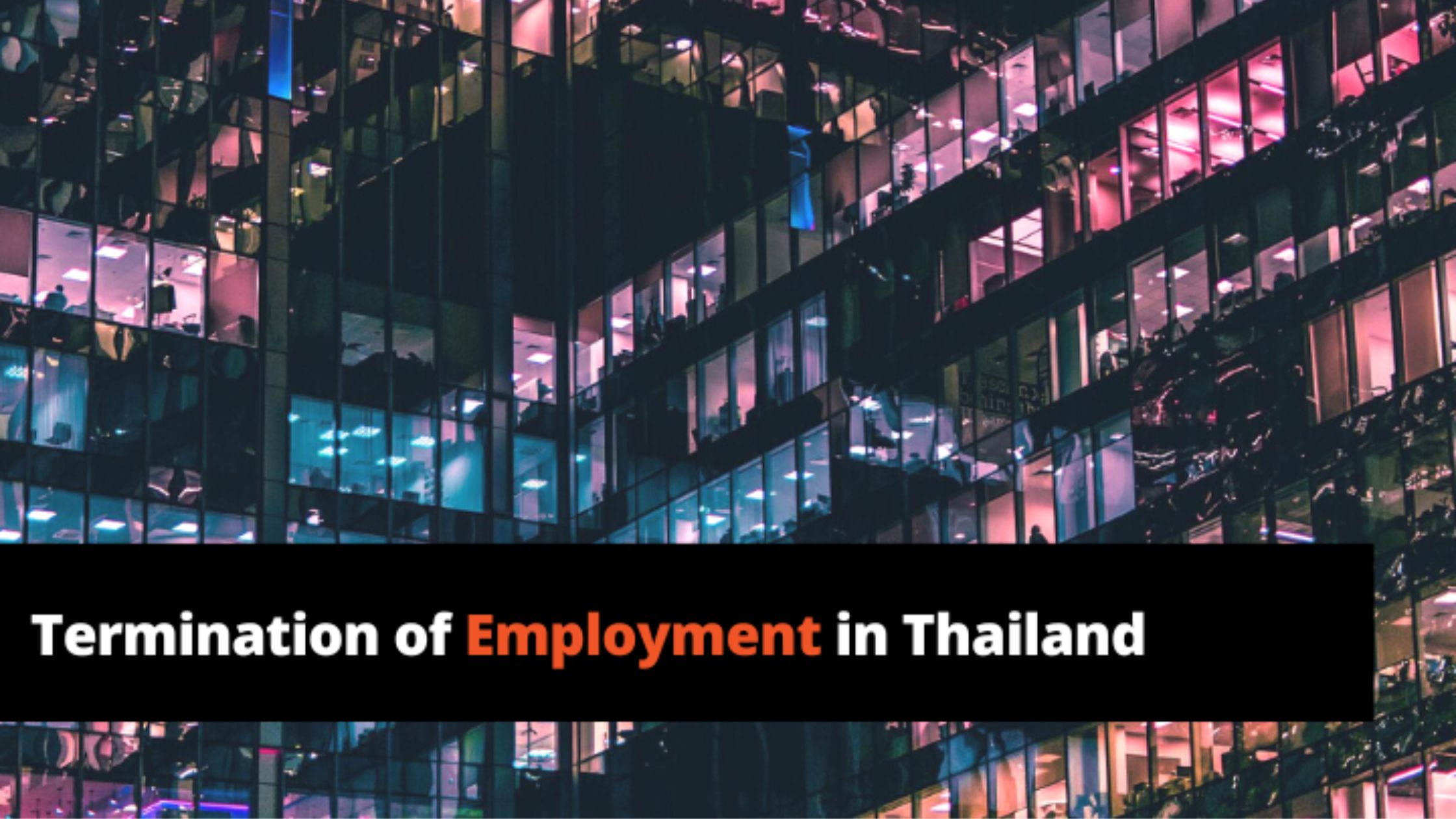










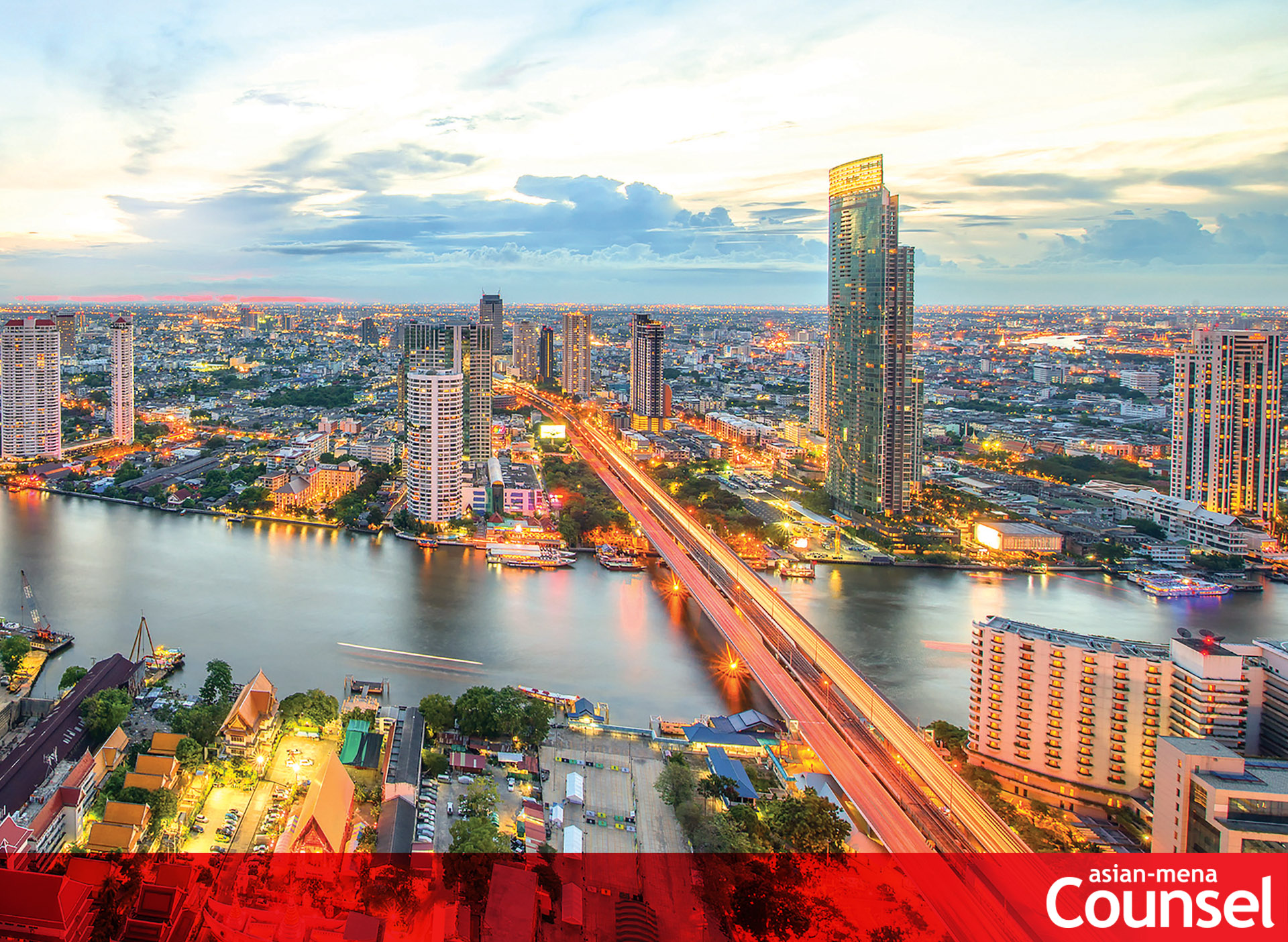




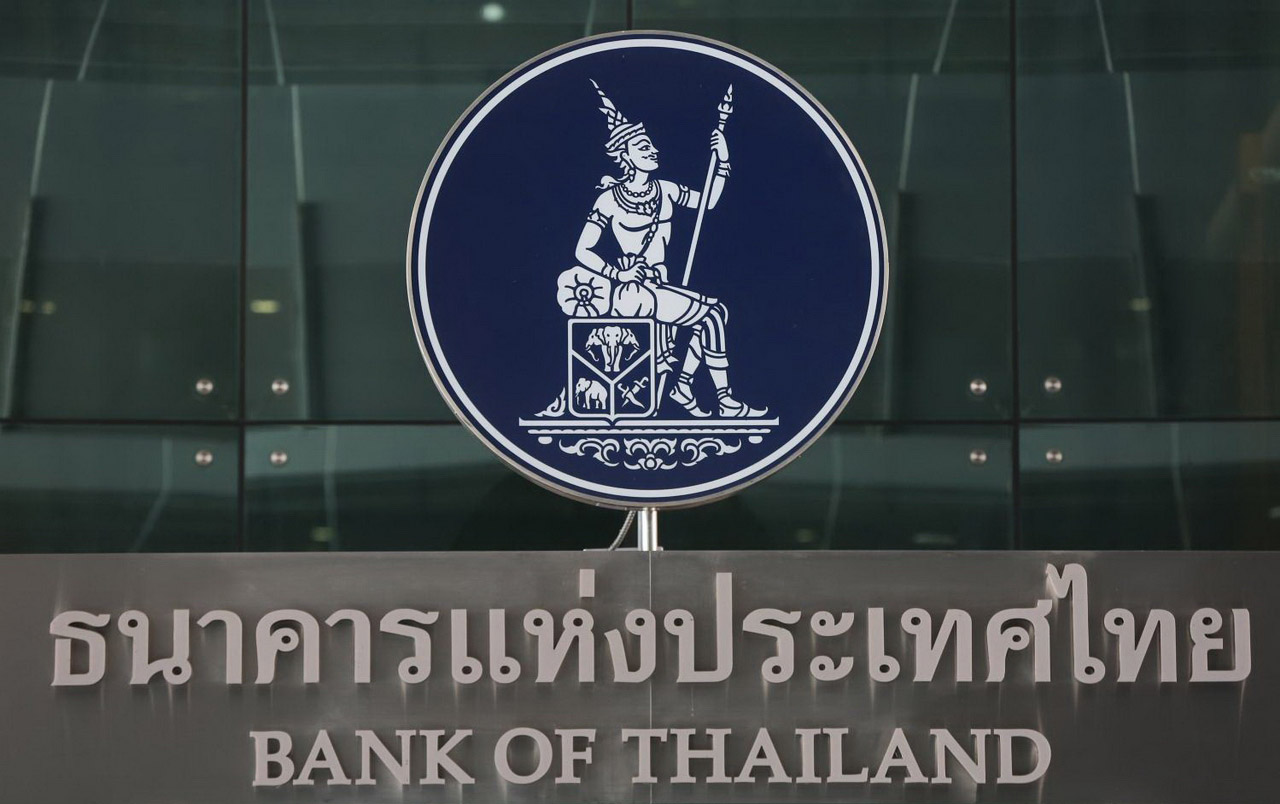

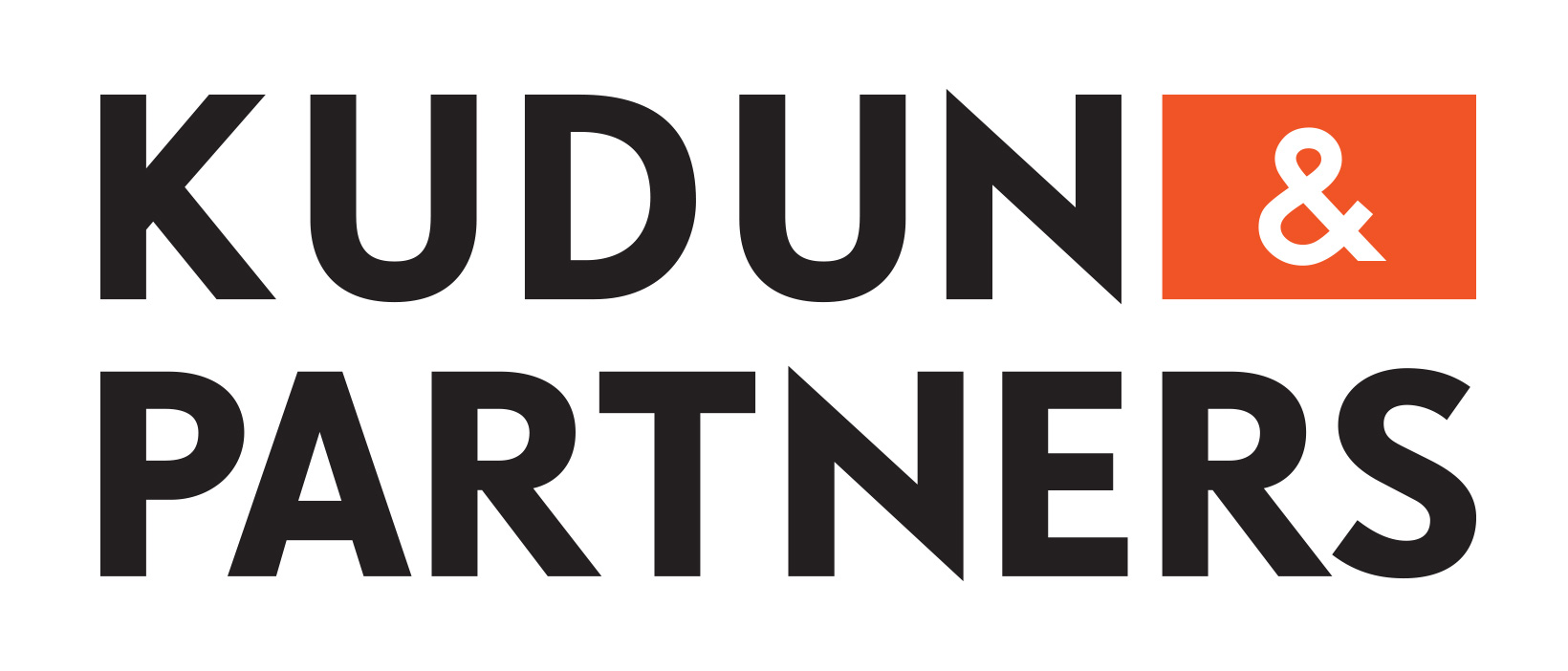 Kudun and Partners Limited
Kudun and Partners Limited Kudun Sukhumananda
Kudun Sukhumananda Troy Schooneman
Troy Schooneman







